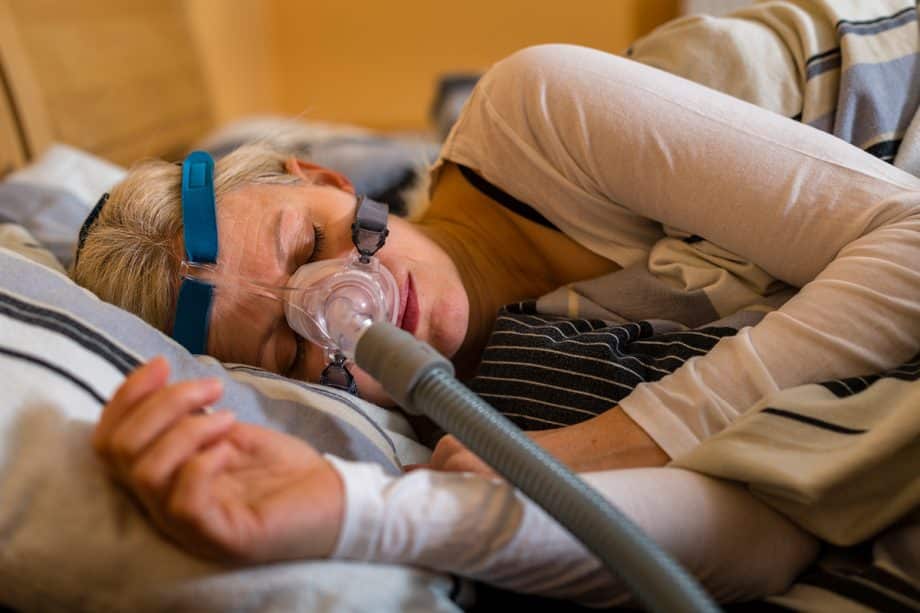Sleep apnea is a common, potentially hazardous chronic condition where breathing stops and starts in cycles during sleep. Sleep apnea causes an oxygen deficiency in the brain and body that can lead to health problems.
The most common type of the disorder, obstructive sleep apnea, happens when soft tissue blocks the airway at night. This blog will explain the causes of obstructive sleep apnea and what oral surgeons can do to treat it.
Causes of Obstructive Sleep Apnea
During sleep apnea episodes, the throat muscles relax too much and block the airway. The airway blockage happens often during sleep, causing loud snoring, gasping, and choking.
Symptoms
If you or a family member notes any of these symptoms, make an appointment with your primary care doctor or oral surgeon right away:
- Loud snoring that disrupts partners' or family members' sleep
- Partner observing stopped breathing during the night
- Excessive sleepiness in the daytime
- High blood pressure
- Irritability during the day
- Waking at night to gasp and choke
- Sore throat
- Dry mouth
- Trouble focusing
- Mood changes
Risk Factors
If you have any of the following conditions, you are at a greater risk of obstructive sleep apnea:
- Obesity or overweight
- Older age
- High blood pressure
- Males
- Diabetes
- Smoking
- Chronic nasal congestion
Talk to your oral surgeon or primary care physician about lowering your risk of obstructive sleep apnea.
Central Sleep Apnea
Another, more serious type of the disorder is called central sleep apnea. If a patient has central sleep apnea, the brain does not send signals that the body needs to breathe. The parts of the brain controlling the chest muscles and airway may cause this dangerous condition.
Available Treatments
Oral surgeons have several treatment options to help patients with obstructive sleep apnea sleep well and protect their health.
Continuous Positive Airway Pressure (CPAP)
A CPAP machine provides a constant airflow that keeps the airways open at night. Many people with obstructive sleep apnea find these devices very helpful.
Oral Appliance Therapy
Some patients have difficulty tolerating the CPAP machine and need another solution. Oral appliance therapy involves creating custom dental appliances that keep the tongue from blocking the airway during sleep. The oral surgeon may also prescribe them to keep the lower jaw forward to prevent the airway from becoming blocked.
Surgical Treatment
In severe cases, surgery can remove excess tissue at the back of the throat to prevent airway blockage. Other possible surgical options include jaw, nasal, and tongue procedures. An oral surgeon can help determine whether these procedures may help you breathe better and sleep well.
Call Upper West Side Oral & Maxillofacial Surgery
Obstructive sleep apnea is a frightening diagnosis, but we can help you feel more like yourself and protect your health. Please call our Manhattan, NY, office at 212-466-6984 to schedule an appointment for a consultation.


